Theme 1, Session 1: Questions
On the afternoon of July 31st C:ADM2010 addressed Theme 1 of the conference: Actual and abstract: Moving from actual to abstract is understood; but how do we move from abstract to actual? What are the relations between models that are conceptual, computational and physical? how are the differences productive? Following a briefing by Paul Pangaro, the conference community split into seven working groups and each developed a set of questions addressing the theme as follows below. Rapporteurs of the groups reported the questions back to the conference community with the facilitation of Timothy Jachna.
Group A – Rapporteur: Janet Singer
- Is it necessary for knowing to have either a representation or an abstraction?
- How is intuition/tacit knowing related to abstraction?
- Is the relation of abstract and actual different for different kinds of models?
- Is the relationship actual→abstract truly well understood?
- Is there any “private” abstraction with no social component?
- Abstraction is in relationship rather than relata – where does this lead?
- Actuality is in decay, abstraction is in timelessness – where does this lead?
Group B – Rapporteur: Claudia Westermann
- When to abstract from the actual? Why? When to actualize something abstract? Why? *
- Do we need the abstract to understand the actual?
- Who formulates the abstract from the actual? (Who makes the rules?) *
- Is there actually any value in knowing if anything is concrete?
When is the distinction between actual and abstract useful? How does desire relate to this?Can/should we speak about a distinction between actual and abstract in terms of use and/or desire?- Is there a difference in knowing consciously (abstract) to knowing unconsciously (actual)? If so, then what it it?
- Simulation – reality: Abstract or actual?
- Would it be helpful to speak about the actual in terms of performative qualities?
- Where/when/how does an intentional spark/shift to act come about in/during constructing and abstraction/model?
- How can myth/art (community/individual) help understand the relationship between the abstract and the actual?
- Does modeling which intentionally uses the actual to distort the abstract to creativity?
Group C – Rapporteur: Christiane M. Herr
- Do contemporary abstractions based on uncertainty preclude definitive action (for now)?
- Can abstraction be honest?
- How do we recognize a useful abstraction?
- Are paintings made by computers art?
- Will a concept/proposal bridge between the abstract and the actual?
- Do we recognize or invent patterns? How do we create our language of patterns?
- Are models our mediators? Why do we use models as mediators between abstract and actual?
- When we divide things into abstract and actual, what is hidden based on this choice? Is the abstract/actual framework what we need? Does it show us the things we want to see?
Group D – Rapporteur: Leonie Solomons
- Is design about taking the abstract to actual and doing about taking abstracting from the actual?
- Is the transition from abstract to actual simply a matter of going from few to many relationships so we get a set of working relationships?
- What would be the consequences of abstraction and actualization being considered as a process rather than abstract and actual being characterizations?
- What would we learn from understanding abstraction and actualization when enacted in different domains of practice?
- What is the role of purpose in the question of process, abstract, actual and intention?
- Between the form and content which is the actual and the abstract? For example … when the actor last night said we should believe the opposite from the next 49 minutes did he mean believe the opposite of the form (which was dictatorial, evangelistic) or the opposite of the content (his decentralist democratic idealistic stated point of view).
Group E – Rapporteur: Ben Sweeting
- How does the abstract require situating in order to be understood? *
- How can we share important cybernetic principles in order for them to be beneficial in society? E.g. global warming and equitable resource distribution *
- How do our abstractions shape and constitute the actual that we experience? *
- What is the significance of things which have both abstract and actual properties (e.g. a flag or a drawing)?
Group F – Rapporteur: Willie Yee
- What is the cybernetic conception of play? Imagination? = nowness
- What is the difference between “game” and “play”? (game is the opposite of play)
- How many forms of play do we have?
- What is the relationship between activity and the play that occurs within the people taking part in it?
- Is play necessary in a system for it to be able to adapt?
- Simulation = intersection of art, mathematics and design?
- What is the importance of humor? (rational vs. irrational)
- How does abstraction affect one’s daily life? (expectation vs. anticipation) *
- What of process do we trigger by introducing play into our conversation? *
Group G – Rapporteur: Ern Reynolds
- If new language is required to solve problems, how do we create and nurture new language?
- How do we generate a process for trans-disciplinary solutions to emerge?
- What are examples of wicked problems that arts, cybernetics, design and mathematics can tame?
- In what ways can architecture, design, arts use the mathematical notion of non-linearity?
- What new modes of interaction can complement the huge advances in computation, visualization, fabrication and communication that lead to more effective action
- What do arts, cybernetics, design and mathematics offer towards a solution of global warming?
- How would we know if further discussion across the four disciplines were useless?

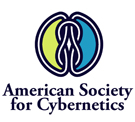


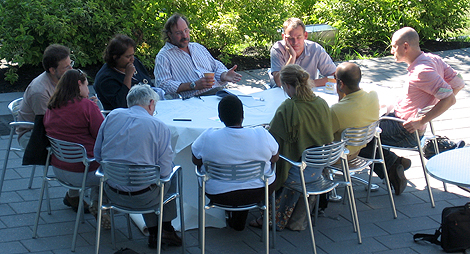
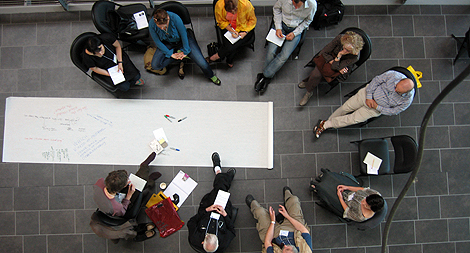
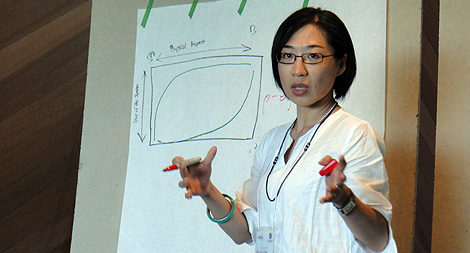
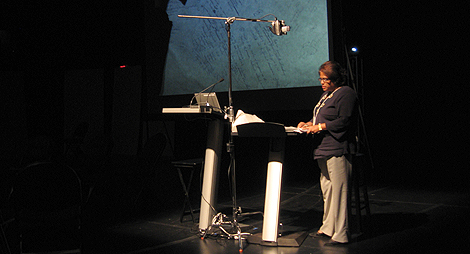
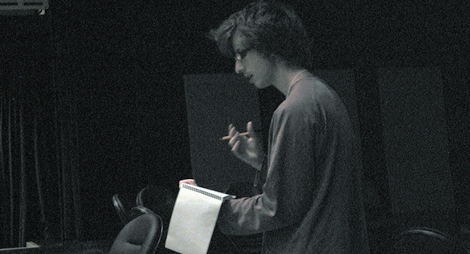
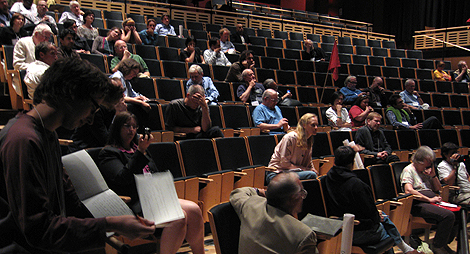




I should not be amazed, but I am, at the variety and range of these questions. And, occasionally, at the oddball nature of some of them!
I will be very interested to see where the further investigation of the finally selected questions goes. Some of these questions seem to me to be new, while I am sure that there is a new spin on other, more familiar ones.
I’m learning.